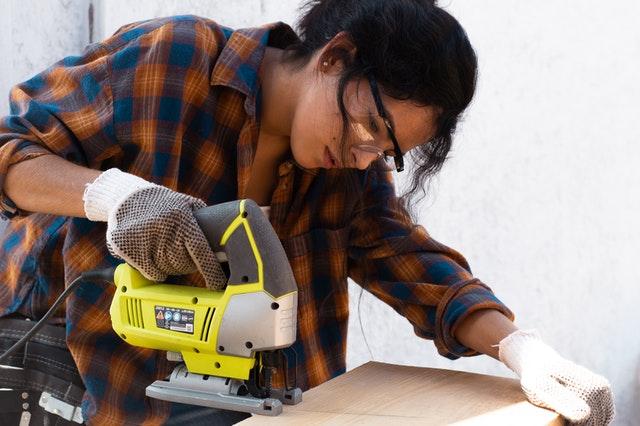A Homeowner's Resource Guide to Covering Home Repair Costs
Many people dream of homeownership. If you've achieved this goal, you've reached a major milestone. Congratulations! However, as a new homeowner, you're probably quickly realizing that a property requires constant upkeep, which can get pricey. Read on for tips and resources that can help keep costs low, brought to you by Best Garden Sites.
Prepare Financially for the Inevitable Repairs You'll Have to Make
You don't want to be caught off guard by the need for expensive repairs.
- Set aside some money for annual maintenance. Your savings fund should be worth about 1% of the house's purchase price.
- Get homeowner's insurance to help cover repairs or rebuilding after major events like vandalism, falling trees, or storms.
- Consider investing in a home warranty to cover costs to replace or repair major home appliances or systems.
- Follow best practices to maintain your house and minimize expenses, like improving circulation with your HVAC system to avoid dampness and mold.
Prioritize Repairs According to Their Importance
Some repairs are more pressing than others.
- Cracks to the foundation are critical repairs that should take priority since they jeopardize structural integrityjeopardize structural integrity.
- Roof repairs are also a high-priority fix and can help prevent the need for a pricier total roof replacement (which costs $8,000 on average).
- If you want to sell your house, consider a floor makeover and new windows. You can take out a loan to cover the costs. Make sure to use a monthly mortgage calculator to see how much you can comfortably afford.
- Save money by doing easier home repairs yourself. Examples include interior painting and bathroom caulking.
Follow Best Practices When Selecting Contractors
Knowing how to shop around for skilled labor will help you save costs and get quality work.
- Prioritize providers that are bonded and insured, so they pay for any damage they may do to your property inadvertently in the course of maintenance.
- When vetting repair and maintenance professionals, see what their customers say on popular online review platforms.
- Request references and contact former customers to ask key questions, like whether the work was completed on time.
Homeownership brings monetary responsibilities with it. However, your property doesn't have to be a financial drain! With these resources, you've got all the knowledge you need to ensure a savvy approach to home repairs.

